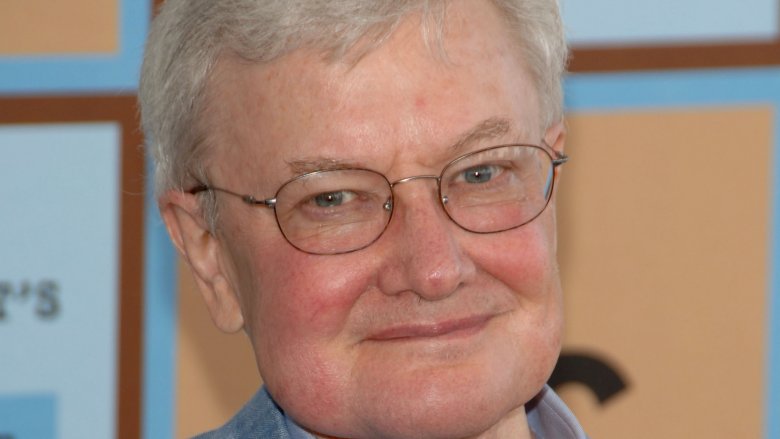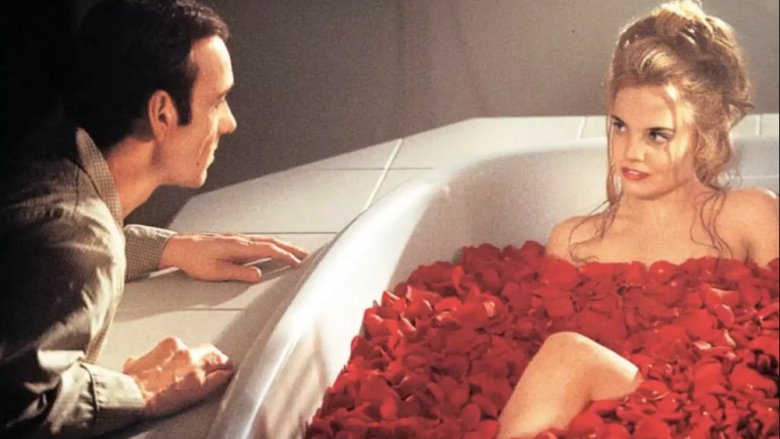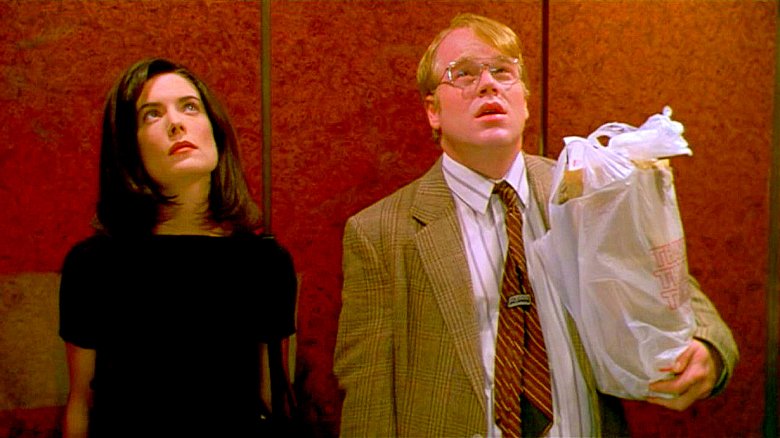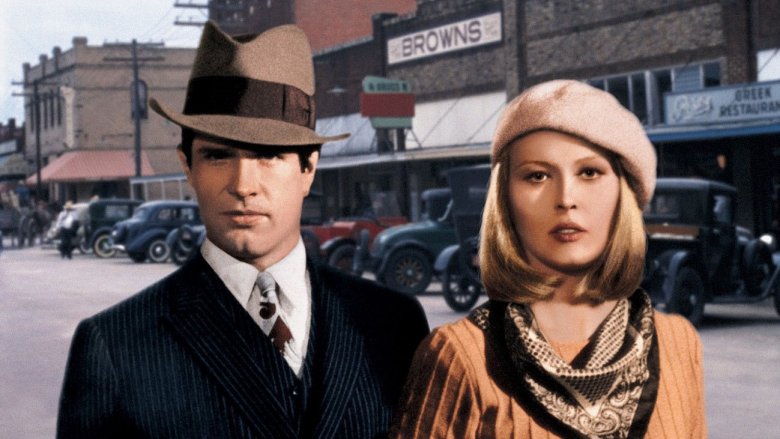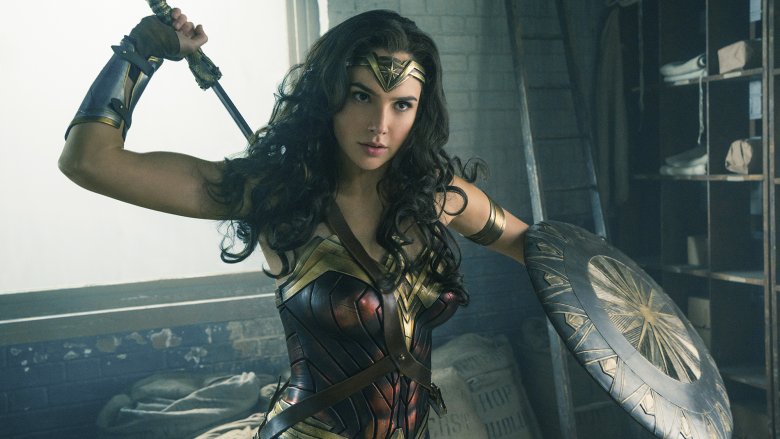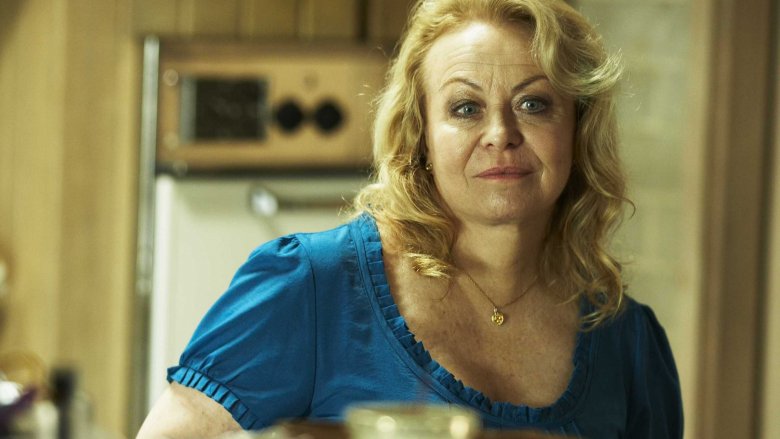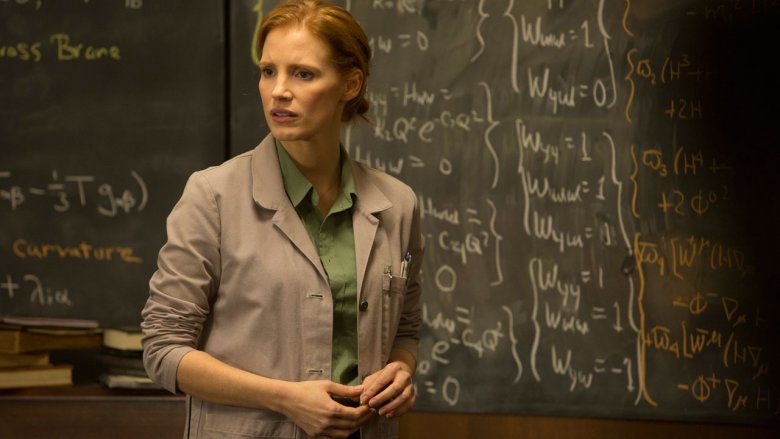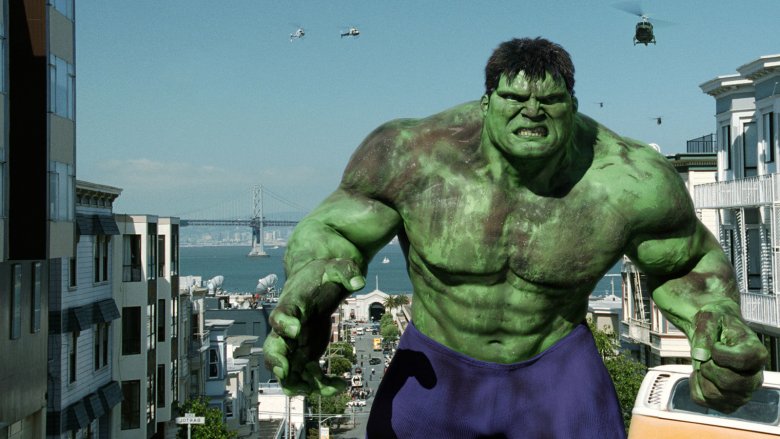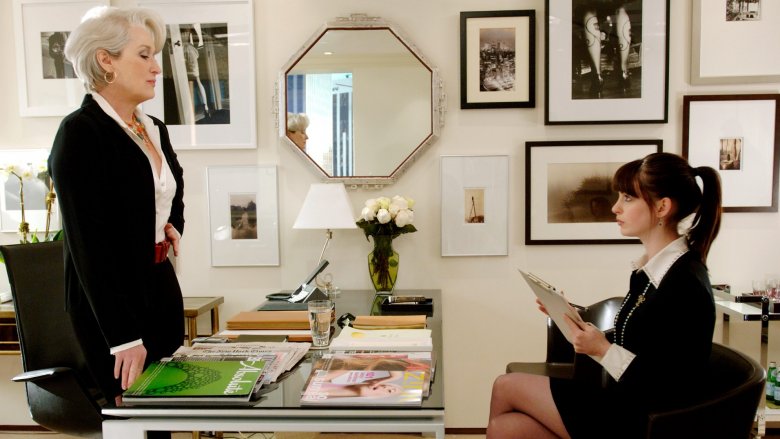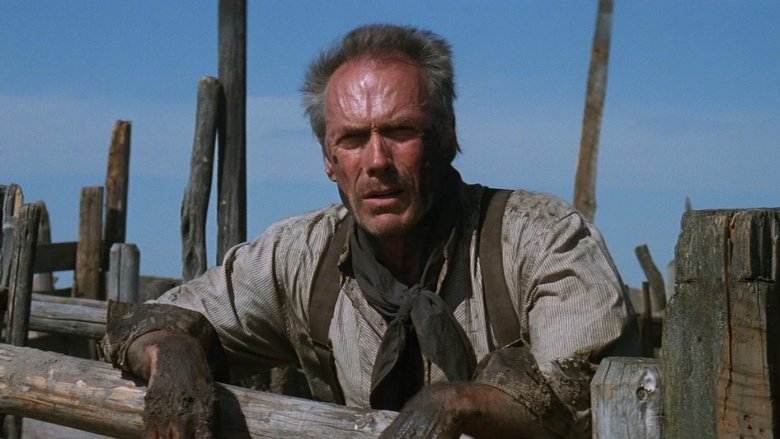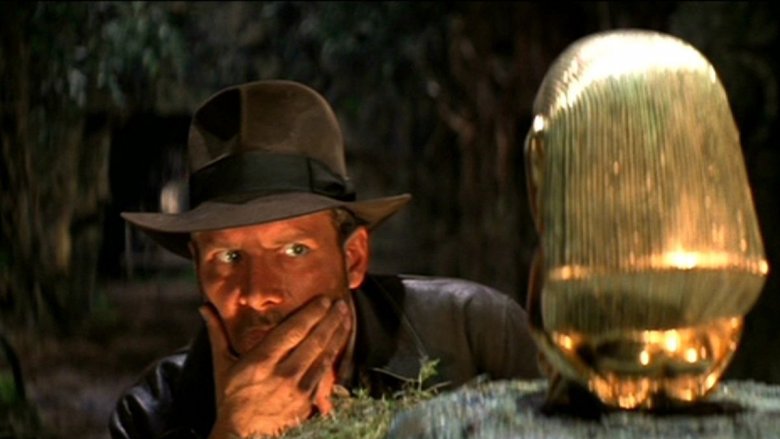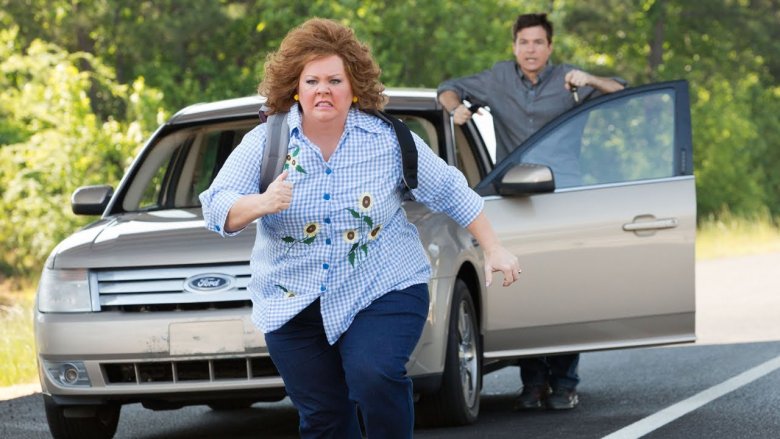Critics Who Ended Up Being Really Wrong About A Movie
One of the best parts of watching a movie is the opportunity to discuss the film, to pore over details and wonder at the meaning of certain shots and sounds. While film criticism is often boiled down to a pure "good or bad" spectrum, reviewers experience a movie subjectively and interrogate its quality through their own specific lenses and biases. The best reviewers make the process clear in their writing, inviting fans of the movie to see their perspective and question their own. In other words, to invite a conversation.
Still, just because reviewing a film is often a subjective and personal experience doesn't mean that a reviewer's interpretation is unshakable. Sometimes, a second viewing in a different context can transform a bad film into a good one in the reviewer's mind — or vice versa. Here are critics who ended up admitting that they were wrong about a movie.
Glenn Kenny realized American Beauty wasn't so beautiful
When you first see a movie is often as important of a factor as the actual quality of the film itself. See a near-flawless movie in a bad mood and you might end up dismissing it wholesale; catch a flawed movie at exactly the right moment and you might walk away thinking it is a masterpiece. That's exactly what happened to film critic Glenn Kenny. In 1999, Kenny gave a thunderously positive review to American Beauty, a film that most readers will remember as "that movie with the plastic bag shot." Directed by Sam Mendes, American Beauty follows Kevin Spacey as a suburban father who experiences a mid-life crisis and becomes infatuated with the teenage friend of his daughter.
Kenny originally said of the film: "While some of the final plot machinations are perhaps a little more cartoonish than they need be, Beauty's final evocation of grace among ruins is both haunting and heartening. Harsh as it often is, American Beauty is genuinely a thing of beauty."
In a 2017 post for Geeks, Kenny walked back his original praise of the film, saying that he was too taken by the movie on a first watch to acknowledge its flaws. "I still think that there are individual components of the film that have legitimacy," Kenny said. "I also think, had I been looking harder, I should have been able to see just how incoherent the movie's finale was."
Matt Zoller Seitz was too happy for Happiness
It can occasionally be awkward for critics and filmmakers to spend time together, especially when a critic has publicly panned that filmmaker's work. Film critic Matt Zoller Seitz certainly had his share of awkwardness when he agreed to moderate a Q&A with director Todd Solondz for Life During Wartime, a pseudo-sequel to Happiness, a movie that Seitz had dismissed years ago. Looking back, Seitz said: "I found it facile, smug, repetitious, and said so in my review for the now-defunct New York Press. I definitely used the word 'adolescent' and probably said a lot of worse things, although the review is no longer online and I didn't save a clipping, so I can't reliably say just how negative I was."
However, Seitz was so impressed by Life During Wartime that he was compelled to revisit Happiness and found that it was "funny, sad, sincere, ugly, tough, weird, occasionally horrifying." Seitz wrote, "You could not watch it and feel nothing. I had no idea why I panned it." For Seitz, the re-evaluation of the movie pushed him to admit to Solondz in person that he had seen the movie at a particularly joyous time in his life, which made it difficult for him to reckon with the darker themes of the movie.
Joe Morgenstern found that Bonnie and Clyde needed an audience
While reviewing a film can be an incredibly personal experience, that doesn't mean that filmmakers are immune to the pressures of other audience members and critics. For Joe Morgenstern, an initial screening of Bonnie and Clyde led him to call it a "squalid shoot-em-up for the moron trade." When the critic revisited the movie on a Saturday, surrounded by audience members rather than those involved in the film's production, he had a decidedly different response: "I think I subconsciously sensed that I'd missed something. When we went out on Saturday and my wife asked what movie I wanted to see, I said 'Bonnie and Clyde.' The audience just went wild, and the cold sweat started forming on my neck. I knew I'd blown it."
While a film critic retracting their earlier work isn't uncommon, Morgenstern wrote an entirely new review praising the movie and regretting his original. Morgenstern later told the LA Times that, "On Monday morning, I went into Newsweek and wrote a six-column review. It began with a description of the previous review, and then I said, 'I am sorry to say I consider that review grossly unfair and regrettably inaccurate. I am sorrier to say I wrote it.'"
David Edelstein enjoyed Wonder Woman for the wrong reason
Not all film critics find themselves reflecting on how their opinion of a movie was wrong; for some critics, like David Edelstein, it is actually their phrasing of an original review that they end up recanting. When Edelstein reviewed Wonder Woman, he came under fire for writing about the film in a way that many perceived to be overly sexualized. His original review was criticized and mocked in equal measure, leading Edelstein to write a follow-up piece explaining his original intent and apologizing for not adequately understanding the cultural relevance of the movie.
Edelstein wrote, "You can find plenty of leering over Gal Gadot (and every other actress) elsewhere on the internet — not in my review. But to have to unpack my descriptions means, in the end, that they weren't good or nuanced or sensitive enough to their ramifications." While Edelstein admitted to improper phrasing, he reiterated that he thought his original review was accurate: "I reserve the right to think that this is not, overall, a very good movie. But it is an important one."
Mike D'Angelo didn't appreciate Animal Kingdom right away
When you first watch a movie, it's not always apparent what the best qualities of the film are. While film critics have more practice in seeking out those qualities, that doesn't mean they're incapable of missing them on a first viewing. Film critic Mike D'Angelo admitted as such in 2010, when he praised Jacki Weaver's performance in Animal Kingdom following her award for Best Actress from the Los Angeles Film Critics Association. While D'Angelo's original review of the film only gave Weaver's performance a two-word summary ("deliciously malevolent"), he later admitted that he had resisted her performance on a first watch, thinking that it was a simple case of using Weaver's age to contrast with her shocking behavior.
D'Angelo wrote, "Watching it again, though, I have to admit I was wrong. There's no fakeout involved here, no simplistic disparity between appearance and behavior... Anyone who manages [to get such acclaim] has to have done something remarkable, and I ought to have recognized that."
Phil Plait thought Interstellar needed more science
Love him or hate him, you can't deny that Christopher Nolan goes to ludicrous lengths to make his movies feel real. In some cases, that involves simulating a rotating hallway in dreamspace by building an actual rotating hallway on set in Inception, and sometimes that involves hiring an actual consulting physicist to make the science in Interstellar as accurate as it possibly can.
Film critic and astronomer Phil Plait found issue with the latter while reviewing Interstellar, arguing that the flaws in the science featured in the movie is too crucial to ignore. He originally wrote that one of the main moments of the movie — a planet's spatial relationship to a black hole that leaves occupants vulnerable to severe relativistic effects — was completely impossible.
However, Plait later admitted that he had made a mistake in his calculations by assuming that the black hole featured in the film was of the non-rotating variety. Still, he emphasized that his overall opinion of the movie's quality hadn't changed: "The science in the movie of time dilation near the black hole was in fact accurate, I made a mistake, and for that I apologize. But for me, the movie as a story still missed the mark. Good science does not necessarily make a movie good."
Bradley Steinbacher loved The Hulk until he didn't
Film critics often put themselves at the mercy of the public, especially when they write a rave review of a hated movie or pan a box office smash. The occasional divergence of opinion between critic and audience member has led to years of articles questioning whether film critics matter. Of course, that question usually has to do with how critics affect box office gross and less to do with whether critics matter as a barometer for public tastes or a resource for the public to know whether they might enjoy a movie. For film critic Bradley Steinbacher, the latter question seems more haunting, since he regretted his original review of Ang Lee's 2003 The Hulk so much that he wrote a later piece apologizing for recommending the movie.
Steinbacher's original review declared that "[The Hulk] may be the most grown-up — and most emotionally f**ked-up — comic-book movie ever assembled." Less than a year later though, he would regret his original rave review: "I was wrong. And not only was I wrong, but I was wrong in print. For almost 1,000 words."
Peter Bradshaw secretly liked The Devil Wears Prada
Not every film critic feels the need to write an apology article when they find that their mind has changed regarding a movie; some critics just quietly find themselves enjoying a movie they once hated until someone bothers to ask them about it. Film critic Peter Bradshaw originally wrote a negative review of The Devil Wears Prada when the movie was first released in 2006, declaring that, "Now, I'll be the first to admit I don't 'get' fashion, but to intimate its ephemeral pleasures to the non-believer and non-understander, I think you'd need a more astringent and detached — and a funnier — movie than this."
Over a decade later in a 2017 interview, Bradshaw admitted that he sometimes did change his mind regarding a film's quality: "The other movie I was obtuse and fantastically toffee-nosed about was The Devil Wears Prada. I just didn't like it. But soon afterwards I saw it on TV and realized it was actually a really well made and thoroughly enjoyable movie and Meryl Streep is just brilliant, and so are Stanley Tucci, Anne Hathaway and Emily Blunt." While the filmmakers might have appreciated his change of heart, they probably would have appreciated a better review in the first place.
Roger Ebert recognized Unforgiven as a masterpiece after he already reviewed it
Roger Ebert is arguably one of the best-known and best-loved film critics to ever pen a movie review. Over the course of his long career, Ebert was able to speak with an often unshakable confidence even (often especially if) his readers would disagree with him. Whether that was declaring that video games would never be art or reviewing only 8 minutes of a film, Ebert wrote with confident declaratory statements. Of course, that doesn't mean that he couldn't be wrong on occasion.
Ebert originally gave Unforgiven two-and-a-half stars in a review for the Chicago Sun-Times that has largely vanished from the internet — although parts of the review are saved in Roger's Worst, a blog catalogues some of Ebert's "worst" reviews. Ebert later wrote a glowing four-star review of the film in 2002, where he declared that the climactic action sequence was "a story told through deliberate strategy, in which events may not be possible, but are somehow plausible."
While his original negative review of Unforgiven is hard to find, Ebert did admit his change of heart when linking to Roger's Worst on his Facebook account, saying, "He lists my 75 worst reviews and says why they're bad. Some of the time, he's right. But Unforgiven and Godfather II eventually made my Great Movies Collection, showing I'm capable of learning."
Lou Lumenick thought Raiders of the Lost Ark was forgettable
It's often impossible to know the kind of staying power a movie may have when reviewing it, which can get embarrassing quickly if a reviewer pans a movie that goes on to become a cinematic classic. That was the situation for Lou Lumenick, who had been a professional film critic for only two months when he panned the first Indiana Jones film, Raiders of the Lost Ark. While plenty of reviewers find themselves at odds with larger audiences' opinions, Lumenick "later came to regret dissing" the action classic.
It's no wonder Lumenick came to regret his review, since he made a couple of bold predictions in his article that would turn out to be hilariously untrue: "'Raiders' makes for a very entertaining junk-food movie that will be forgotten long before either man's previous work." Lumenick goes on to say that "Ford is pleasantly self-effacing — if hardly memorable — as Indy." It takes a lot of courage to publicly admit in 2011 that you thought that Raiders of the Lost Ark, and Harrison Ford's performance in it, would be completely lost to time.
Rex Reed criticized Identity Thief in a personal way
While our list largely focused on critics who admitted their mistakes, not every film critic feels the need to apologize for being wrong about a movie. Rex Reed found himself in hot water after writing a review of Identity Thief that focused primarily on bashing star Melissa McCarthy; his review referred to her as a "female hippo" and declared that "Melissa McCarthy (Bridesmaids) is a gimmick comedian who has devoted her short career to being obese and obnoxious with equal success."
After his remarks generated a substantial bit of criticism, he refused to admit his error, continuing on to say that his review was "constitutionally protected, so there's nothing anybody can do." He even took credit for the movie's sizable weekend box office, arguing that the controversy from his review buoyed the sales. For her part, Melissa McCarthy handled the uncomfortable situation with aplomb, telling a reporter for The New York Times that, "I felt really bad for someone who is swimming in so much hate. I just thought, that's someone who's in a really bad spot, and I am in such a happy spot."
